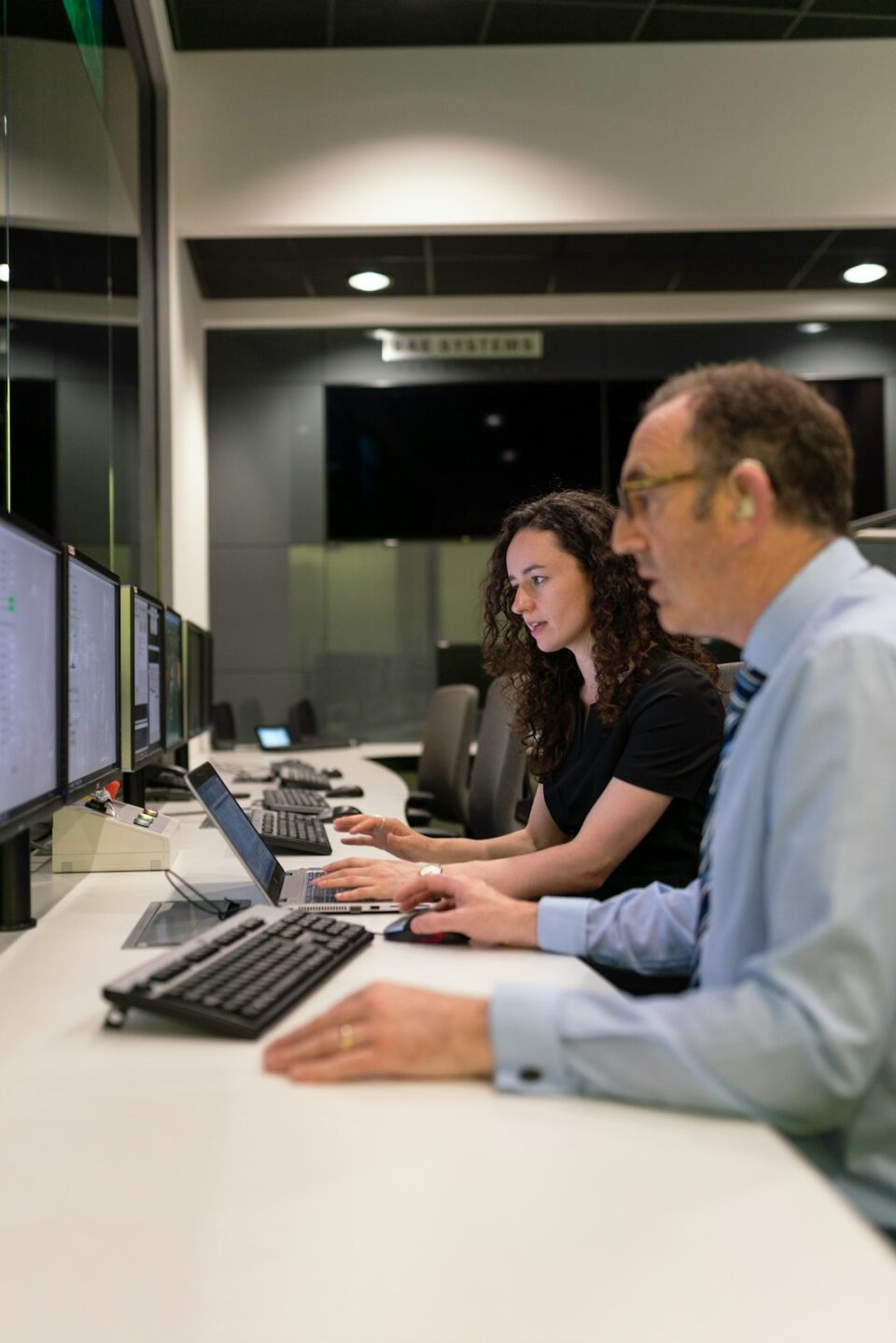Industrial design is a fascinating field that combines art, engineering, and technology to create innovative and functional products. From everyday items like smartphones and furniture to more complex systems like medical devices and transportation vehicles, industrial designers play a crucial role in shaping the way we interact with the world around us.
One of the primary goals of industrial design is to enhance the user experience by utilizing the principles of ergonomics, aesthetics, and usability. This requires a deep understanding of human behavior, as well as an ability to integrate form and function seamlessly. By focusing on the needs and desires of users, industrial designers can create products that are not only visually appealing but also practical and efficient.
The field of industrial design has undergone significant transformations in recent years, largely due to advancements in technology. Digital tools and software have revolutionized the design process, allowing for faster prototyping and more accurate simulations. With the help of computer-aided design (CAD) software, industrial designers can now create virtual 3D models of their products, making it easier to visualize and refine their designs before physical production.
In addition to digital tools, the rise of additive manufacturing, more commonly known as 3D printing, has opened up new possibilities in product engineering. This technology enables designers to create complex geometries and intricate details that were once impossible to achieve through traditional manufacturing methods. Furthermore, 3D printing allows for rapid prototyping, reducing the time and cost associated with product development.
Another exciting trend in industrial design is the integration of smart technology into everyday products. With the widespread adoption of the Internet of Things (IoT), products can now be connected and communicate with each other. This opens up a world of possibilities for improving functionality and user experience. For example, a smart home system can automatically adjust lighting, temperature, and security settings based on the user’s preferences and behavior patterns.
Furthermore, industrial designers are increasingly focusing on sustainability and environmental responsibility. With the growing concern for climate change and resource depletion, it is essential to design products that minimize their impact on the planet. This means using eco-friendly materials, designing for longevity and repairability, and considering the entire lifecycle of a product from production to disposal.
Moreover, industrial design plays a vital role in healthcare and medical device innovation. The design of medical devices requires a deep understanding of human anatomy, ergonomics, and usability. Whether it’s a prosthetic limb, a surgical instrument, or a diagnostic device, industrial designers work closely with healthcare professionals and engineers to create products that improve patient care, simplify procedures, and enhance the overall healthcare experience.
In conclusion, industrial design is an ever-evolving field that continues to push the boundaries of creativity and innovation. With advancements in technology, the use of digital tools, 3D printing, and the integration of smart technology, industrial designers are constantly finding new ways to improve products and shape the future. By focusing on user needs, sustainability, and healthcare innovation, industrial designers play a crucial role in creating products that not only look good but also enhance our lives. Whether it’s improving the functionality of smartphones or designing life-saving medical devices, industrial design has a significant impact on the way we interact with the world around us.

